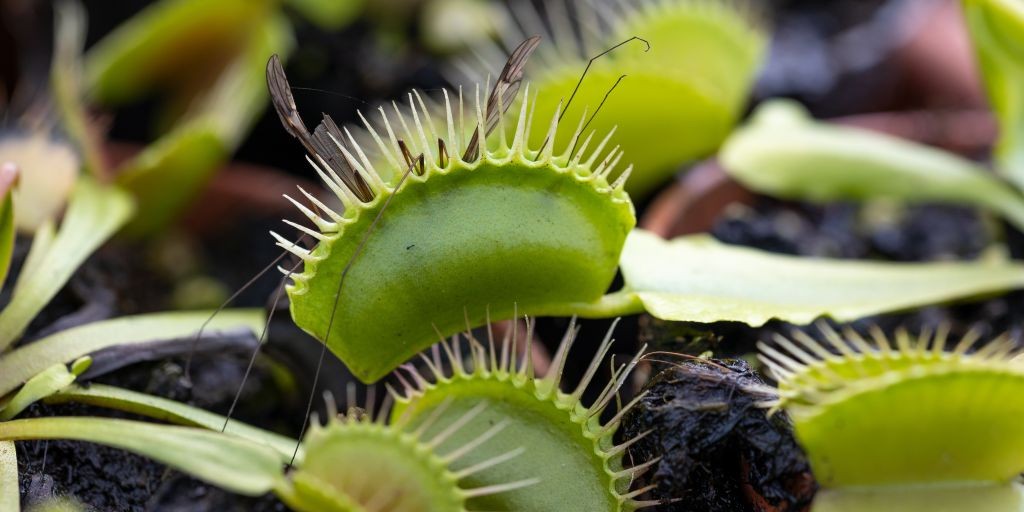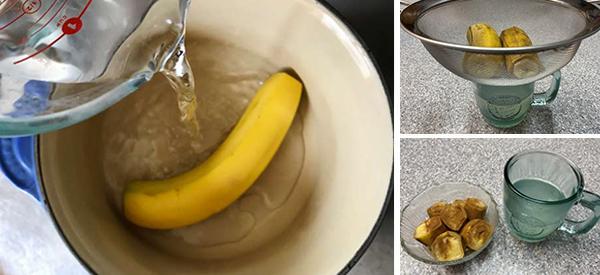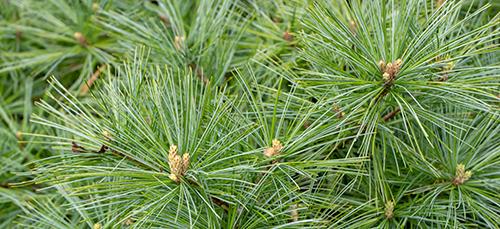
Does The Venus Fly Trap Eat Mosquitoes?
When it comes to natural pest control, few plants are as fascinating or effective as the Venus fly trap. Its snap-trap mechanism has captured the curiosity of gardeners, herbalists, and nature lovers for centuries. But can it actually help reduce pesky insects like mosquitoes? Does the Venus fly trap eat mosquitoes?
Very simple answer!
The Short Answer
Yes, Venus fly traps can eat mosquitoes. However, they don’t actively hunt them down. These plants rely on the insect wandering into their trap, so while a Venus fly trap may catch a mosquito here and there, it’s not a standalone solution for serious infestations. That said, they are excellent companions in a layered, natural pest-control system.
What Is a Venus Fly Trap?
The Venus fly trap (Dionaea muscipula) is a small carnivorous plant native to the wetlands of North and South Carolina. It thrives in nutrient-poor, acidic soil by catching and digesting insects for nutrients like nitrogen, which the soil lacks.
The “trap” is actually a pair of modified leaves lined with sensitive hairs. When an insect touches these hairs twice in quick succession, the trap snaps shut—usually within a fraction of a second. If the insect is too small, it may escape. But if it’s the right size and doesn’t get away, the plant will slowly digest it over 5 to 12 days.
Here’s a video showing how the Venus fly trap works, with flies as example:
Do Venus Fly Traps Prefer Mosquitoes?
Venus fly traps don’t discriminate much between types of bugs, but their most common meals include:
- Ants
- Flies
- Spiders
- Beetles
- Mosquitoes (if they land inside)
Mosquitoes are fair game—especially if you keep your Venus fly trap outdoors or near a water source where mosquitoes gather. The challenge is getting the mosquito to land inside the trap, which doesn’t always happen often enough to make a significant dent in the population.
How to Grow a Venus Fly Trap for Natural Pest Control
If you’re interested in keeping a Venus fly trap as part of a natural pest control plan, here’s how to do it safely and effectively:
Step-by-Step Growing Instructions
- Choose the Right Container: Use a plastic or glazed ceramic pot with drainage holes. Avoid terra cotta—it leaches minerals into the soil, which these plants don’t tolerate.
- Use the Right Soil: A mix of sphagnum peat moss and perlite (50/50) works best. Never use standard potting soil or fertilizer; it will kill the plant.
- Water with Rain or Distilled Water: Tap water contains minerals that harm Venus fly traps. Keep the soil damp but not soaked.
- Provide Full Sun: These plants need at least 4 to 6 hours of direct sunlight daily. Indoors, a bright windowsill or grow light will work.
- Humidity Helps: They prefer humid environments. Outdoors, this is less of a concern, but indoors you may want to mist the plant occasionally.
- Winter Dormancy: In colder months, Venus fly traps go dormant. Let the soil dry slightly, reduce watering, and keep them in a cool place (around 35–50°F).
How to Encourage It to Catch Mosquitoes
Place the plant near areas where mosquitoes gather—like potted plants with standing water, patios, or shady spots with damp soil. The more opportunities a mosquito has to land inside, the better the odds your fly trap will snap shut on one.
Other Benefits of Growing a Venus Fly Trap
Besides catching the occasional mosquito, these plants are chemical-free alternatives to bug zappers or sprays. They’re also a great teaching tool for kids, a beautiful addition to a window garden, and a living example of how nature solves problems in remarkable ways.
In Conclusion
While a Venus fly trap won’t eliminate all your mosquitoes, it can definitely help—and in a way that’s both natural and fascinating to observe. When cared for properly, this little plant becomes more than just a novelty; it becomes a partner in your holistic, eco-friendly pest management approach. And if nothing else, it’s a small reminder of how nature often provides the best solutions—we just have to pay attention.
250 Powerful Remedies For Every Each Part Of Your Body (Video)




